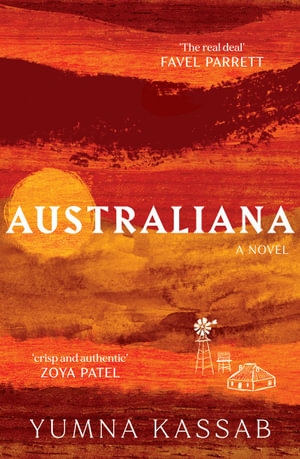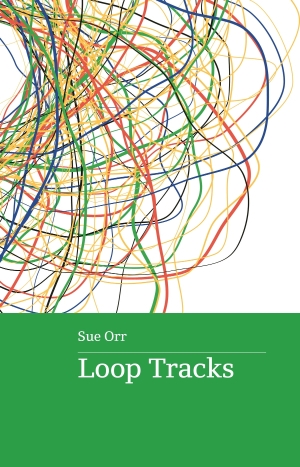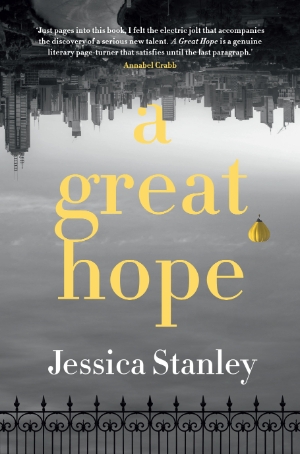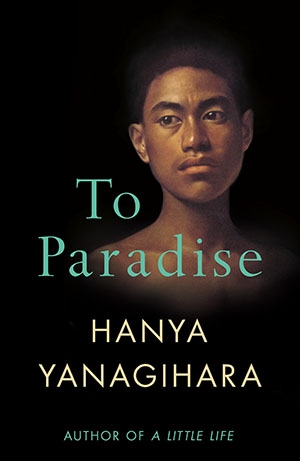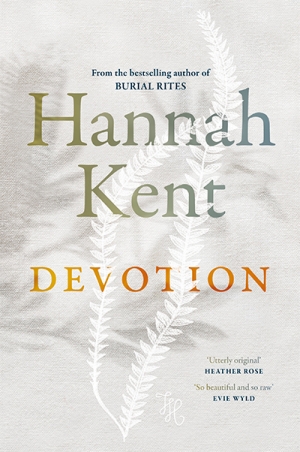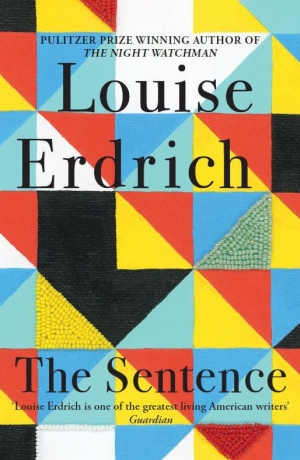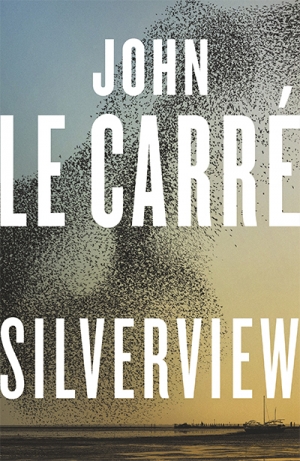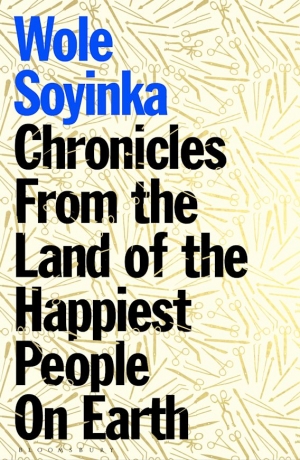Fiction
Australiana opens with a break-in. Lifting away a flyscreen, strangers climb into a man’s house, help themselves to his biscuits. The crime doesn’t feel important – it’s the fourth in a month, we’re told – but the intrusion does. It evokes the entanglements of small towns, the way in which lives intersect, physical proximity breaking down the barriers of class and culture and personal choice that can divide urban populations into subcultures. As a declaration of intent, the image of trespass is pretty clear: there is no real privacy in this town, and as readers we’re about to gain access.
... (read more)After being published to acclaim in Aotearoa by Victoria University Press in 2021, Sue Orr’s Loop Tracks was picked up by Terri-ann White, formerly of UWA Publishing, now at Upswell Publishing. A second-time novelist, Orr is represented by agent Martin Shaw, who has also supported authors such as Pip Adam and Ingrid Horrocks to be published across the Tasman.
... (read more)There are decades where nothing happens, and there are weeks where decades happen,’ Vladimir Lenin has been credited with saying, with reference to the Bolshevik Revolution. It’s a sentiment that immediately springs to mind when reading Jessica Stanley’s A Great Hope, a début that, while not billed as historical fiction, is deeply concerned with history and its making.
... (read more)Laura Elizabeth Woollett reviews 'A Great Hope' by Jessica Stanley
There are decades where nothing happens, and there are weeks where decades happen,’ Vladimir Lenin has been credited with saying, with reference to the Bolshevik Revolution. It’s a sentiment that immediately springs to mind when reading Jessica Stanley’s A Great Hope, a début that, while not billed as historical fiction, is deeply concerned with history and its making.
... (read more)In 2015, Hanya Yanagihara’s second novel A Little Life was published to a critical response so effusive as to seem almost hyperbolic. Jon Michaud of the New Yorker described the novel’s depiction of the Promethean repetitiveness of trauma as ‘elemental, irreducible’; Garth Greenwell declared in The Atlantic that ‘the great gay novel’ had finally been written. Even critics who viewed the novel less favourably acknowledged its extraordinary affective force. In one of the few unflattering reviews, Daniel Mendelsohn of The New York Review of Books savagely describes the novel as ‘little more than a machine designed to produce negative emotions for the reader to wallow in’.
... (read more)‘See, my hands, they reach for you. My heart is a hand reaching.’ So begins Hannah Kent’s wide-ranging and poetic new novel, signalling its key themes of love, longing, and the pain that arises from division. While hands reach out, desperately seeking each other, Devotion explores the possibilities and the limits of such clasping. This is a powerful narrative that grapples with what connects passionate bodies and hearts and what might keep them apart, be it physical distance, religious constraint, or the limits of the imagination. Through the motif of devotion – religious, emotional, sexual – Kent’s skilful novel considers the fundamental human experiences of attachment and desire as experienced by characters who carry the weighty impress of the past, with its complex tracery of love, geography, and suffering, into the unfolding possibilities of new worlds.
... (read more)Edith Wharton, famed purveyor of ghost stories, said that she needed her reader to meet her halfway among the primeval shadows; that to believe in the fetches, haunts, and other ‘spectral strap-hangers’ that filled her pages one must still be able to hear the distant echo of the hoarse music of the northern Urwald or the churning darks seas of the outermost shores. The spectral presence in Louise Edrich’s new novel, The Sentence, appears in the midst of a decidedly unghostly suburban Minneapolis, but so compelling a presence is the phantasm of Flora that the reader embraces her wholeheartedly, diving without question into those primeval shadows where wraiths lurk.
... (read more)Writing in The New York Times on 15 December 2020, three days after John le Carré’s death, Philippe Sands, genocide scholar and professor of law at University College London, recounted a 1962 encounter in Vienna between his friend (Sands knew Le Carré by his birth name, David Cornwell) and the famous Nazi hunter Simon Wiesenthal. Cornwell had asked Wiesenthal how he could continue to live in the city, given Vienna’s history of anti-Semitism. Wiesenthal replied: ‘If you are studying the disease you have to live in the swamp.’
... (read more)New novels by Kate Ryan, Vanessa McCausland, and Mette Jakobsen
When Anne Shirley dreamed of finding a ‘bosom friend’ in Avonlea, she did more than conjure Diana Barry into existence. The heroine of Lucy Maud Montgomery’s Anne of Green Gables (1908) imprinted on us an almost impossible standard for what to expect from our earliest female friendships: a lifelong source of joy sustained by a mutual devotion to each other’s best interests. More often than not, however – as the popularity of Elena Ferrante’s Neapolitan novels attests – childhood friendships are as complicated as any other. And when they rupture, whether through accident, argument, or design, the aftershocks can last well into adulthood.
... (read more)Marc Mierowsky reviews 'Chronicles from the Land of the Happiest People on Earth' by Wole Soyinka
In You Must Set Forth at Dawn (2006), Wole Soyinka’s final volume of memoirs, the writer cites a piece of Yoruba wisdom: ‘T’ágbà bá ńdé, à á yé ogun jà – as one approaches an elder’s status, one ceases to indulge in battles’. This was once the hope of a man who describes himself as a ‘closet glutton for tranquillity’. At one point, Soyinka even dared to think that he would assume the position of a serene elder at forty-nine: seven times seven, the sacred number of Ogun, his companion deity. But Ogun is wilful as protector and muse. The life the god carved for Soyinka took the image of his own restlessness. A poet, playwright, novelist, and Nobel Laureate, Soyinka remains an activist for democracy, his bona fides hard won as a political prisoner during the Nigerian Civil War (1967–70) and in exile during the dictatorship of General Sani Abacha (1993–98).
... (read more)
